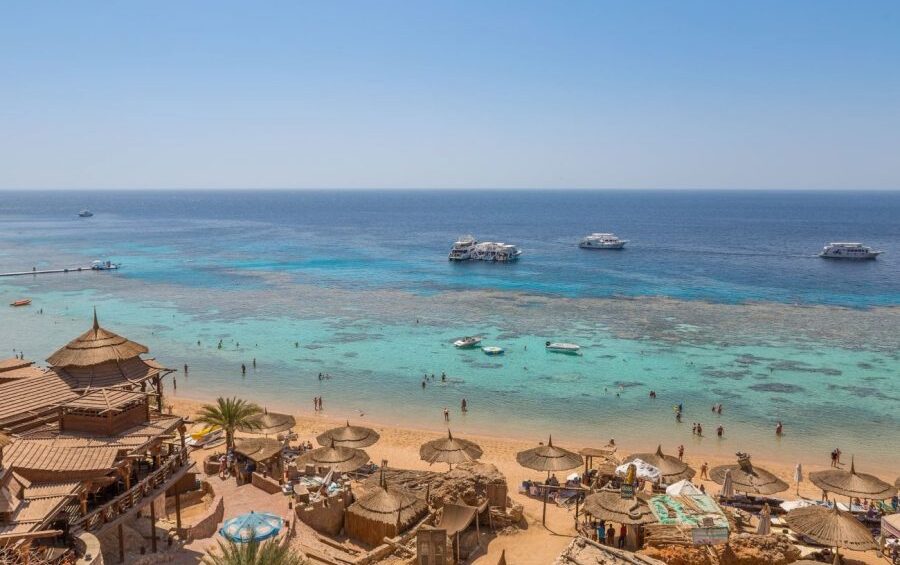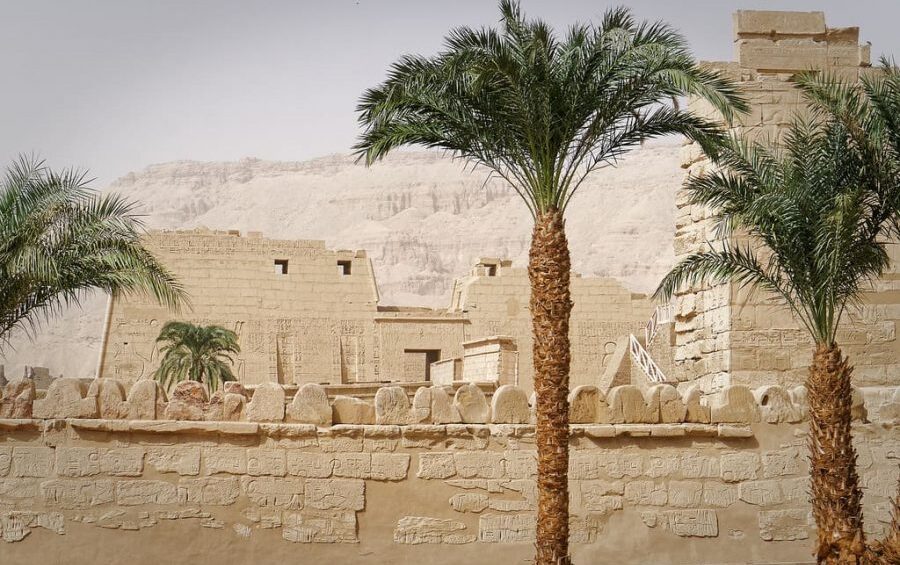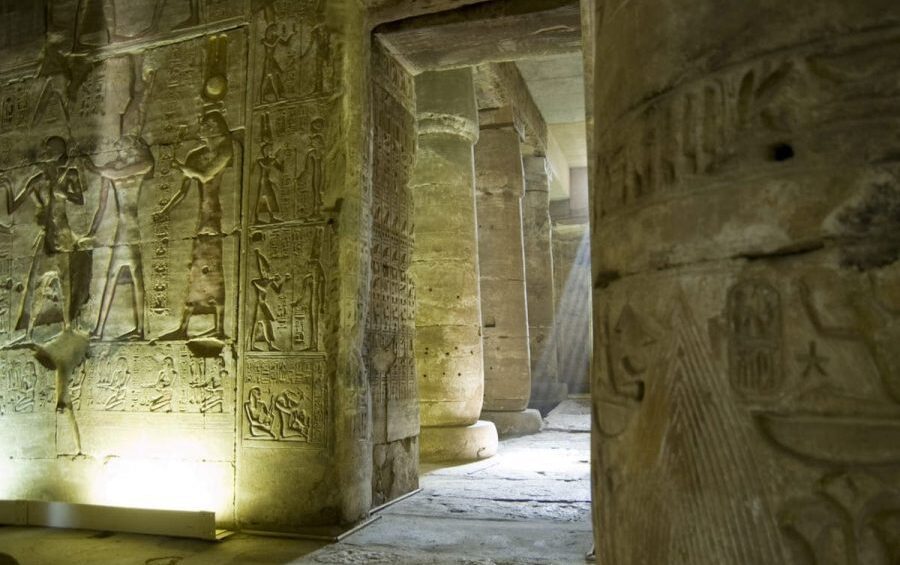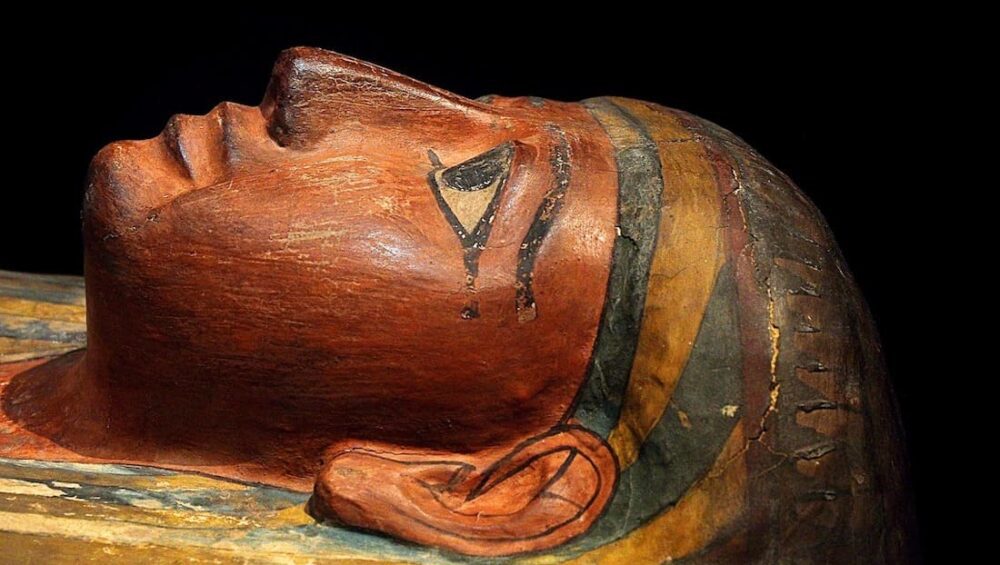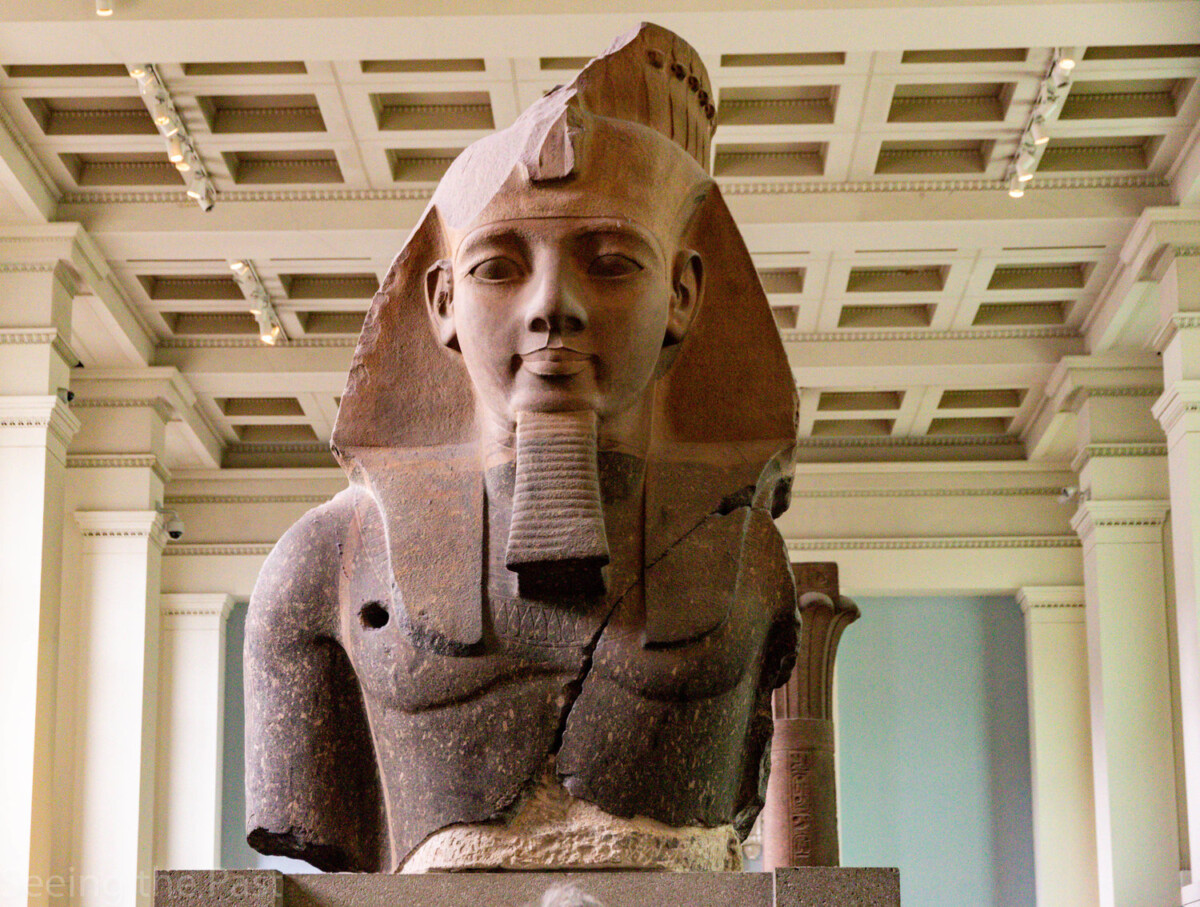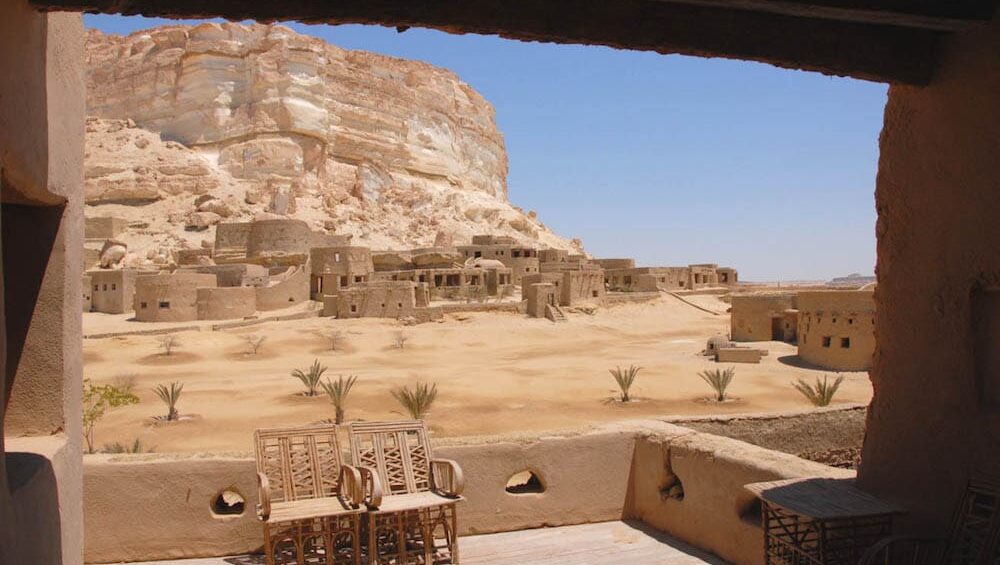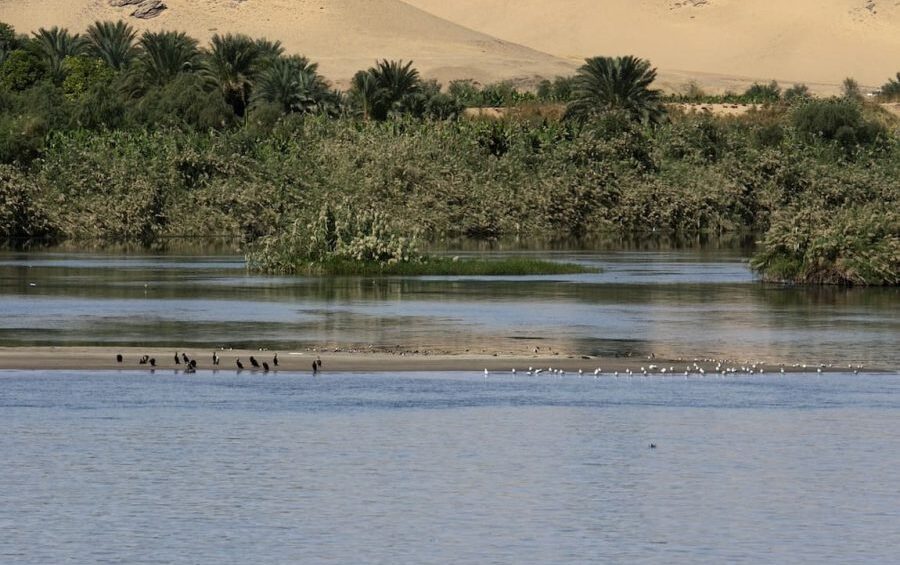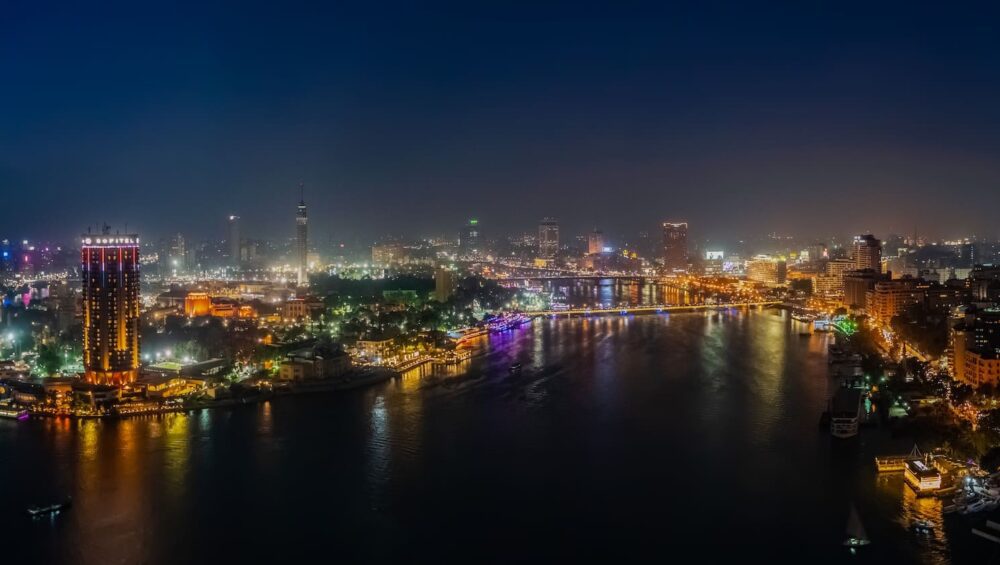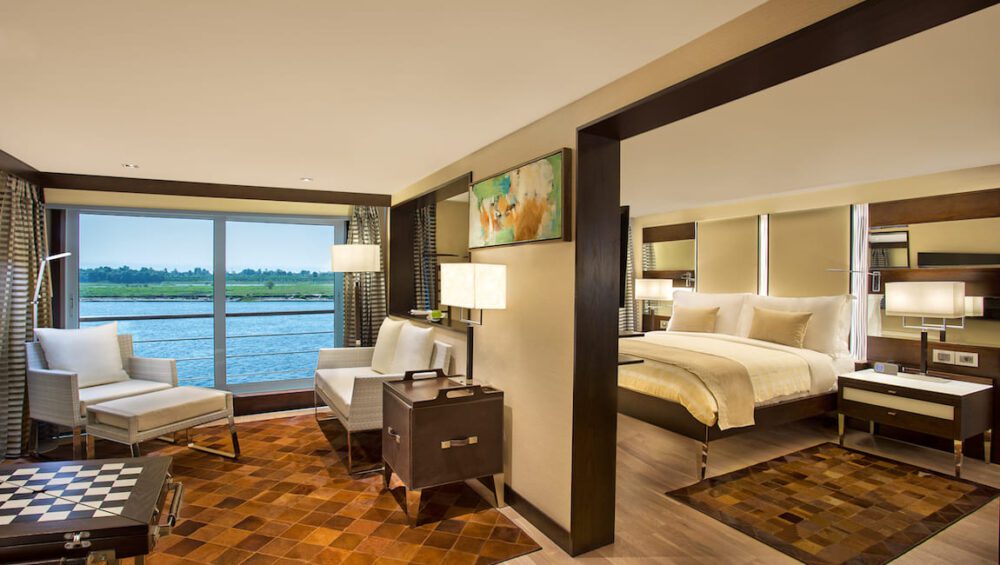Embark on a captivating journey to Egypt, where ancient marvels and eco-conscious exploration merge, creating a unique adventure rooted in sustainability. In the heart of Egyptian ecotourism, you’ll find a deep respect for nature that fosters environmental conservation and safeguards untouched landscapes.
Egypt’s Eco-Lodges: A Symphony with Nature
Discover tranquility in Egypt’s eco-lodges, where the ethos of minimal environmental impact blends with the luxury of reconnecting with the natural world. Nestled far from urban noise, these retreats offer a serene gateway, inviting you to unwind and release the tensions of everyday life.
Ecotourism’s Flourishing Path
In recent years, Egypt has seen a surge in ecotourism, particularly since 2017. Eco-lodges, flourishing in areas like Sinai, Siwa Oasis, the Western Desert, and Marsa Alam on the Red Sea coast, exemplify Egypt’s dedication to setting high ecotourism standards. With the esteemed Green Star Certification, these lodges symbolize a commitment to nature conservation and the nurturing of sustainable travel experiences.
Siwa Oasis: An Eco-Friendly Escape into Timeless Beauty
In the heart of Siwa Oasis, amidst its enchanting landscapes, we’ve handpicked the finest eco-lodge that stands out for its commitment to sustainability and authentic charm. While there are many options, our choice represents the pinnacle of eco-friendly elegance in Siwa.
Adrère Amellal: Where Simplicity Meets Opulence
In the heart of Egypt’s Siwa Oasis lies “Adrère Amellal,” translating to “The White Mountain” in Siwan. This eco-lodge is not just a retreat but a fusion of simplicity and luxury. Built in traditional Siwan style with salt rock walls and handcrafted furniture, it offers a unique, eco-conscious experience. Shunning modern amenities like electricity and telephones, the lodge immerses its guests in the soft, natural glow of beeswax candles, creating a tranquil and authentic ambiance.
Architectural Harmony with Nature
Every element of Adrère Amellal, from the handcrafted olivewood furniture to the lighting by beeswax candles and lanterns, is designed to complement and preserve the natural beauty of its surroundings. The lodge’s minimalist and harmonious design, featuring walls made of kershef—a blend of rock salt, clay, and straw—and interiors adorned with sandstone, palm wood, and hand-woven fabrics, encapsulates luxury in its purest form.
A Symphony of Nature and Handcrafted Authenticity
Each of the 40 distinct rooms at Adrère Amellal is a testament to traditional craftsmanship and sustainable living. The architecture, merging seamlessly with the serene landscape, celebrates the essence of earth and authenticity. This commitment to an eco-friendly lifestyle has made it a favored destination for those seeking a genuine connection with nature.
A Sanctuary of Serenity and Ancient Beauty
Described in “Centurion” by Brian Noone as an “Egyptian hideaway offering simple solitude and stunning vistas,” Adrère Amellal harmoniously blends luxury with the primitive charm of the desert. Surrounded by the magic of ancient tribes, majestic mountains, and a relentless desert landscape, it is a sanctuary of peace and natural beauty.
Culinary Delights Rooted in Tradition
The lodge’s culinary journey is an integral part of its charm. Fruits and vegetables are sourced from organic gardens, free from pesticides, while meats and poultry are locally sourced. The dining experience, complete with home-baked bread and cakes, celebrates the freshness and authenticity of Siwan cuisine.
Unique Experiences Amidst Nature
Adrère Amellal is home to a unique swimming pool, fed by a natural spring and nestled under a canopy of palm trees. The dining experience is dynamic, with locations varying nightly to harmonize with the natural elements and the mood of the evening.
In this haven where time stands still, every moment at Adrère Amellal invites guests to immerse in the unspoiled beauty of Siwa, where luxury, simplicity, and nature intertwine to create an unforgettable experience.
Discovering Siwa’s Mystical Charms
Just a short distance from the eco-lodge, the Siwa Oasis unravels a tapestry of natural wonders. Known for its exceptional geological features, diverse flora and fauna, and over 230 natural freshwater springs, Siwa stands as a testament to nature’s splendor. The historic Oracle of Amon and the living museum of awe-inspiring rock formations, verdant groves, and shimmering salt lakes add to its mystical allure.
Taziry Eco-Lodge: A Moonlit Retreat
Embark on an enchanting journey to Taziry Ecovillages Siwa, nestled at the base of the illustrious Red Mountain, where the awe-inspiring White Mountain majestically watches over. Here, the vast expanse of Gary Lake unfolds like a shimmering mirror, bordered by the ethereal dunes of the Great Sand Sea. Taziry, a haven of natural serenity, offers a retreat into the heart of Siwa’s mystical energy, inviting you to reconnect with the earth and its timeless rhythms.
Architectural Harmony
Taziry, named after the Siwan word for “full-moon,” is a marvel of vernacular architecture. Its design, deeply rooted in the ancestral Siwan building traditions, seamlessly blends with the surrounding landscapes. By night, the ecolodge transforms into a poetic sanctuary under the stars, illuminated by the gentle glow of candles, oil lamps, and torches, casting dancing shadows that tell tales as old as time.
Luxurious Accommodations
Home to 30 uniquely designed rooms, Taziry offers a choice of spacious double rooms and family chalets, each boasting its own private veranda. Some chalets, carved directly into the mountain, offer a rugged, earthy charm, while others overlook a natural swimming pool, fed by a crystal-clear spring. The ecolodge’s furnishings, crafted in Taziry’s own workshops, reflect a fusion of Berber traditions and contemporary comforts, with ceilings of woven palm fronds adding to the authentic allure.
Culinary Delights
Indulge in the flavors of North African and Siwan cuisine, skillfully prepared by our Moroccan chef. Our commitment to sustainability and health shines through our farm-to-table approach, with ingredients sourced from our own organic farms or traded with neighboring growers. Each dish is a celebration of taste and tradition, complemented by mineral-rich water drawn from local springs and chilled in earthen pottery jars.
Cultural Immersion
Taziry is more than an ecolodge; it’s a guardian of Amazigh (Berber) heritage. Our on-site library, museum, and stellarium offer a window into the rich tapestry of Berber arts, science, and literature, connecting Siwa’s legacy to the great civilizations of the world. Our marketplace, bustling with 50 workshops, revives traditional crafts, while educational initiatives empower local youth, teaching languages, arts, and sustainable practices.
Sustainable Living
Harnessing Siwa’s abundant sunlight, Taziry stands as a beacon of green energy. Solar panels provide warm showers, while photovoltaic cells power our facilities, setting a precedent for eco-friendly living. Taziry isn’t just an ecolodge; it’s a living laboratory where sustainable solutions are not just imagined but brought to life, offering a glimpse of a greener future.
In Taziry, every moment is an opportunity to rediscover the harmony between mankind and nature, where luxury meets sustainability, and where every stay is an unforgettable chapter in your travel story.
Talist Siwa: An Enchanted Retreat in Egypt’s HeartlandTalist Siwa, nestled between the serene Siwa Lake and the majestic Jafar and Al Gary Mountains in Egypt, stands as an eco-friendly haven. More than a simple lodge, it represents a journey back to a simpler, more connected way of living. Owned by a local family, it offers a genuine slice of tranquility away from the hustle of modern life.
As dusk falls, the lodge, running on a generator for only an hour daily, transforms into a candlelit wonder, reminiscent of ancient times. This sustainable approach not only conserves the environment but also amplifies the romantic, almost otherworldly, atmosphere of your stay.
The centerpiece of Talist Siwa is its natural water pool, encircled by lush farm greenery. It serves as an ideal sanctuary for relaxation and reflection, offering guests a chance to be at one with the pristine beauty of their surroundings.
“Talist,” meaning ‘Lake’ in Amazigh, perfectly captures the essence of its idyllic lakeside location. Built with local, natural materials, the lodge exudes a rustic charm that harmonizes with its scenic backdrop. The absence of artificial lights at night ushers in an enchanting, fairytale-like experience.
Accommodations at the lodge fuse comfort with a traditional Bedouin aesthetic. Whether staying in a snug bungalow or a sumptuous suite, each is enhanced with vibrant, handcrafted rugs that showcase local craftsmanship. The dining experience, curated by Mrs. Nabila, features delectable organic meals, best savored under the stars, surrounded by soft candlelight.
Adventure seekers will find an array of activities at Talist Siwa. The clear night skies are a stargazer’s dream, while the lodge’s proximity to historical sites like the Mountain of the Dead and Shali Old Town offers a glimpse into the region’s rich heritage. Guests can also participate in organic farming or explore the local market and traditional Siwian houses.
Talist Siwa is an invitation to immerse in the earth’s natural rhythms, the expansiveness of the sky, and the enduring charm of Egyptian culture. It’s not just a vacation destination; it’s a deep dive into a lifestyle that venerates the harmony between nature and cultural heritage.
Dakhla Oasis: Where Nature and Sustainability Meet
“Dakhla Oasis is a treasure trove of natural beauty and serenity. Out of its numerous eco-friendly accommodations, we bring you the best, a place where sustainability and comfort merge to offer an unforgettable experience in harmony with nature.
Al Tarfa Desert Sanctuary
Nestled in the heart of the Dakhla Oasis, Al Tarfa Desert Sanctuary stands as an eco-friendly haven, distinct from the bustle of urban life and conventional tourist routes. Created by Camps & Lodges of Egypt, this lodge is a fusion of comfort and environmental awareness, epitomizing luxury in its simplicity.
Al Tarfa, with its architecture paying tribute to oasis traditions, is a paragon of cultural preservation. Built using local materials and traditional techniques, the lodge features twenty unique suites and rooms, each a private haven. They are adorned with Saharan design elements, contemporary-classic furnishings, and subtle luxuries. The individuality of each accommodation is highlighted through artisanal ceilings, lamps, and carpets, all crafted to enrich the Al Tarfa ambiance.
Occupying 200,000 square meters, the lodge blends seamlessly with Dakhla Oasis’s verdant environment, a landscape Susanne Von Meiss describes as “Egypt’s most beautiful oasis.” Amidst orchards of dates and acacias, guests find solitude and a chance to reconnect in one of Egypt’s most intriguing regions.
Al Tarfa offers more than lodging; it’s a retreat where serenity is paramount, surrounded by the expansive desert. It’s an ideal setting for families to forge lasting memories, discover historical sites, Saharan fortresses, and the oasis’s simple lifestyle. Guests can enjoy adventures like dune excursions, camel treks at sunset, or horseback riding under moonlight.
Each room at the lodge is a testament to the region’s heritage and the skill of local craftsmen, combining Saharan architecture with luxurious, modern-classic design.
A visitor’s reflection captures the essence of Al Tarfa: “Waking to the gentle morning sun, I found myself in a cottage at Al Tarfa, surrounded by a ceiling of woven palm fronds and Tarfa branches, a perfect embodiment of where I longed to be.”
Al Tarfa Desert Sanctuary offers not just a stay but an immersive journey into the heart of Egypt’s unseen splendor, where each moment transforms into a treasured memory.
Al Fayoum: Blending Ancient Charm with Eco-Conscious Lodging
Al Fayoum’s rich heritage and natural beauty are matched by our chosen eco-lodge. It stands out from the rest with its unique blend of historical allure and commitment to eco-friendly practices, offering a stay that’s both luxurious and responsible.
Embark on a unique journey to Lazib Inn Resort & Spa, an enchanting oasis in Tunis Village, Fayoum. Established by Olivier and Nanette Masson on October 1, 2015, this boutique destination is not just a retreat, but a symphony of elegance, culture, and serenity.
Visualize yourself in a splendid Fayoumi-style villa, nestled on a lush hillside. The Lazib Inn Resort & Spa is a tapestry of history and modernity, blending the charm of past eras with today’s sophistication. Each corner of the resort narrates a tale where heritage harmonizes with opulence.
This haven features seventeen individually crafted suites, showcasing the Massons’ flair for art and aesthetics. Decorated with distinctive artworks and personal collections, these spaces offer a blend of global artistry and local allure, set against the mesmerizing vistas of Fayoum’s landscapes.
Every aspect of Lazib Inn Resort & Spa pays tribute to the spirit of Fayoum. Its interior design, a fusion of global art and furnishings, reflects the area’s historical richness and natural beauty. It’s a realm where the echoes of ancient mysteries resonate alongside contemporary comforts.
The suites are an amalgamation of comfort and style, offering an atmosphere filled with international décor, meticulous detail, and stunning views of Qaroun Lake. As evening descends, the ambiance of a candlelit Jacuzzi and the tranquil lake views provide an ideal conclusion to a day of discovery and relaxation.
Step outside to experience the vibrancy of Tunis Village, with its desert allure and cultural richness. Inside, the resort offers a tranquil escape, where state-of-the-art amenities meet dynamic design, providing an experience that’s quintessentially Fayoum.
At the heart of the resort is a spa that epitomizes sensory rejuvenation. Influenced by Buddhist calm and featuring a Turkish hammam, private gym, sauna, and various massage rooms, it offers a unique path to relaxation. Indulge in treatments ranging from Moroccan baths to diverse massages, culminating in an idyllic outdoor Jacuzzi.
Dining here is an exploration of flavors. Meals are crafted with the finest organic ingredients, celebrating local traditions and prepared by skilled chefs. Each dish is a voyage through Fayoum’s rich culinary legacy, ensuring a memorable dining experience.
The resort stands as a beacon of Egyptian hospitality, merging Swiss precision in service with Egypt’s renowned warmth. Guests are guaranteed a personalized experience, surpassing their expectations.
Lazib Inn Resort & Spa is more than a destination; it’s an immersive journey into the heart of Egypt’s captivating Fayoum. A place where luxury and nature converge, it awaits your discovery to add a new chapter to its story.
Aswan: Sustainable Luxury by the Nile
Aswan’s Nile oasis is a treasure trove of eco-lodges, yet one stands out for its exemplary blend of sustainable practices, cultural immersion, and respect for the environment. It’s a beacon in eco-tourism, nestled in the historic and majestic landscape of this region.
Eco Nubia Eco-Lodge
Eco Nubia, set on the storied Bigeh Island along the Nile, is a sanctuary of sustainability and Nubian tradition. Here, history and modern eco-conscious living intertwine, offering guests a unique and memorable stay.
At Eco Nubia, you’ll be greeted with warmth by our Nubian team, dedicated to showcasing their rich heritage. The lodge is more than accommodation; it’s an homage to Nubian customs and environmental stewardship. Enjoy authentic cuisine and traditional beverages, each a narrative of Nubia’s legacy.
Our beach area is a serene confluence of sand and Nile waters. It’s a perfect spot for relaxation, surrounded by natural splendor, with the soft sounds of the Nile as a backdrop.
The lodge also features a community center, ideally situated for hosting events. With Philae Temple in view, every gathering becomes a historical exploration. Your stay at Eco Nubia is carefully crafted, ensuring a deep connection to the river, the land, and Nubian traditions.
Eco Nubia transcends being just a destination; it’s an immersive experience. Here, the essence of Nubia is interwoven into every detail, offering an enriching and environmentally mindful visit.
Discover Bigeh Island, a jewel within Aswan’s southern region. Known for its archaeological significance, the island has been a beacon of natural beauty and history since the early 1900s. Across from Philae Temple, Bigeh Island offers an unmatched view, turning every meal or stay into a picturesque moment.
Bigeh Island is not only a geographical wonder; it’s a canvas of Nubian majesty. Offering exceptional accommodations and culinary experiences, it caters to all desires, whether for tranquility or adventure.
Bigha Beach, nestled between two dams, is where the Nile’s pristine waters showcase their enchantment. Revered as Egypt’s finest freshwater source, it’s a testament to the untouched beauty of this stretch of the river.
This section of the Nile, crystal clear and vital to local life, offers a unique swimming experience. It’s a chance to harmonize with the river’s rhythm, respecting its purity by following simple, mindful practices.
Bigha Beach is more than a swimming spot; it’s an invitation to connect with the Nile’s enduring legacy, offering a respectful and mesmerizing experience with every dip.
Quotes
“Every element of Adrère Amellal… is designed to complement and preserve the natural beauty of its surroundings.” – Architectural Harmony with Nature..
“Occupying 200,000 square meters, Al Tarfa blends seamlessly with the verdant environment of Dakhla Oasis…” – Susanne Von Meiss, describing the beauty of the oasis.
Faris is the passionate founder of Travel2Egypt, deeply connected to Aswan’s essence. He aims to share the true heart of Egypt through its rich history, vibrant culture, and the warmth of its people. Join Faris to experience the magic of Aswan beyond the usual tourist paths.


